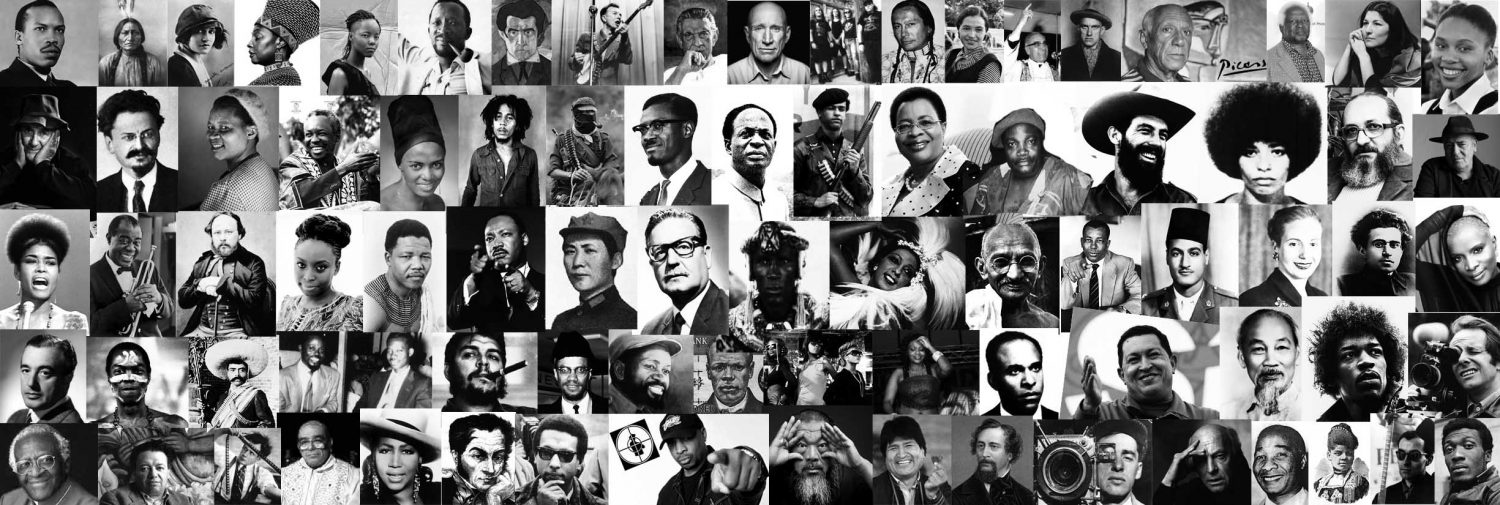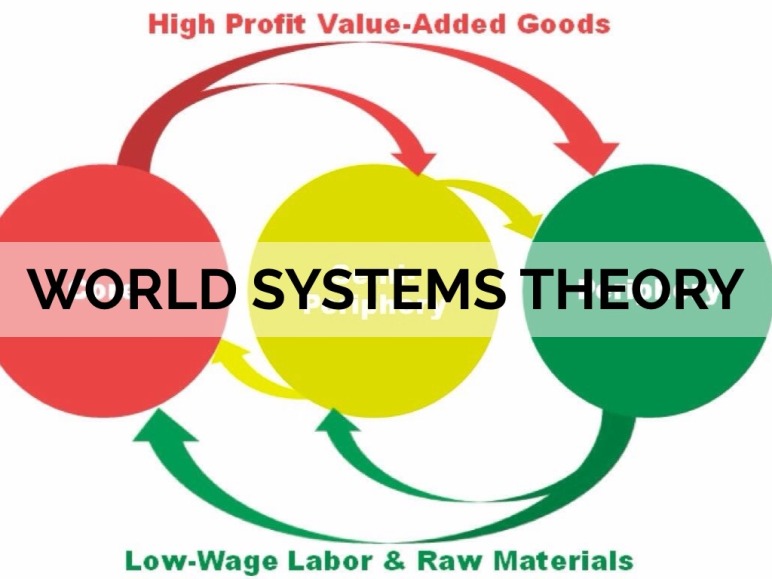When analyzing our situation, and looking at policy perspectives, we should not limit ourselves to just Malawi. In the 21st century, globalization is a fact. In fact it has been going on for a long time, for Malawi at least since the beginning of the slave trade here. We should look at the international situation to understand where we stand and what measures will be effective to reach our goals as a people and as world citizens. I propose that we want to graduate from being a periphery country (like many other African countries as well as countries in Latin America and Asia) to the equal of others. Development does not go according to one route: the route that currently developed nations took is not open to us. We must look at new perspectives, and new opportunities, as well as at ways to shift the global balance of power away from the big corporations from the core countries, which are exploiting our poverty, to more equal terms where all world citizens can enjoy a decent quality of living. These ideals are not found in the business sector or in governments from core countries. They are found mostly in the Global Justice Movement. There is where we have a lot ot find to achieve a decent life for all of us.
Currently, in the World-System, there is a division of labour, with strong hierarchy. The core countries (mostly in Europe and North America) have the capital intensive, highly paid work. The periphery countries (most African countries) are supplying labour intensive lowly paid work, and supplying core countries with raw materials. In the case of Malawi mostly tobacco. The consequence of this division of labour is perennial poverty in periphery nations like Malawi.
Individual nations may try to move within this World-System, but upward mobility is constrained by unfavourable trade relations with core countries, and an unfavourable balance of power. We simply cannot insist on good prices for our exports. Malawi has little opportunity for upward movement, both because of internal constraints (corruption and the consequent inefficiency), and external constraints: the core nations are stopping Malawi from moving upwards so we will keep on supplying cheap raw materials like tobacco and uranium.
Political, military and economic actions within states and between states are essential to the powers of the ruling classes in those states. The ruling classes in core states appropriate surplus value from periphery states. These funds are used to maintain political economic and military power nationally, regionally and world-wide. Core ruling classes maintain connections with periphery ruling classes like ours, to stay in power, and keep accumulating more surplus value from us. Our ruling class fares well by this system, and has no reason to sever ties with core ruling classes. However there is continuous bickering between core ruling classes and periphery ruling classes over the division of the spoils. The Malawian ruling class is strongly dependent on approval from abroad. Bingu misbehaved and got himself into big trouble. This big trouble he passed on to the population in the form of shortages of forex, drugs, fuel and even sugar.
Both states and corporations are strong centres of power in the modern World-System. Core corporations, in Malawi mostly tobacco corporations, but also suppliers like Monsanto, are the biggest economic players, but they rely on national governments to guarantee their property rights and markets assets. Also they use state governments to strengthen their rights as corporations to act like virtual persons, and for interests like strong copyright protection on their products. The existence of many states stabilises the system to the advantage of capitalist corporations: it allows them to move their activities and assets around, thus limiting the powers of nation states to regulate and tax them. Increasingly corporations have power over states: in the US all political candidates are dependent on corporate donations for their campaign funding. Now even the US President is a unapologetic capitalist.

